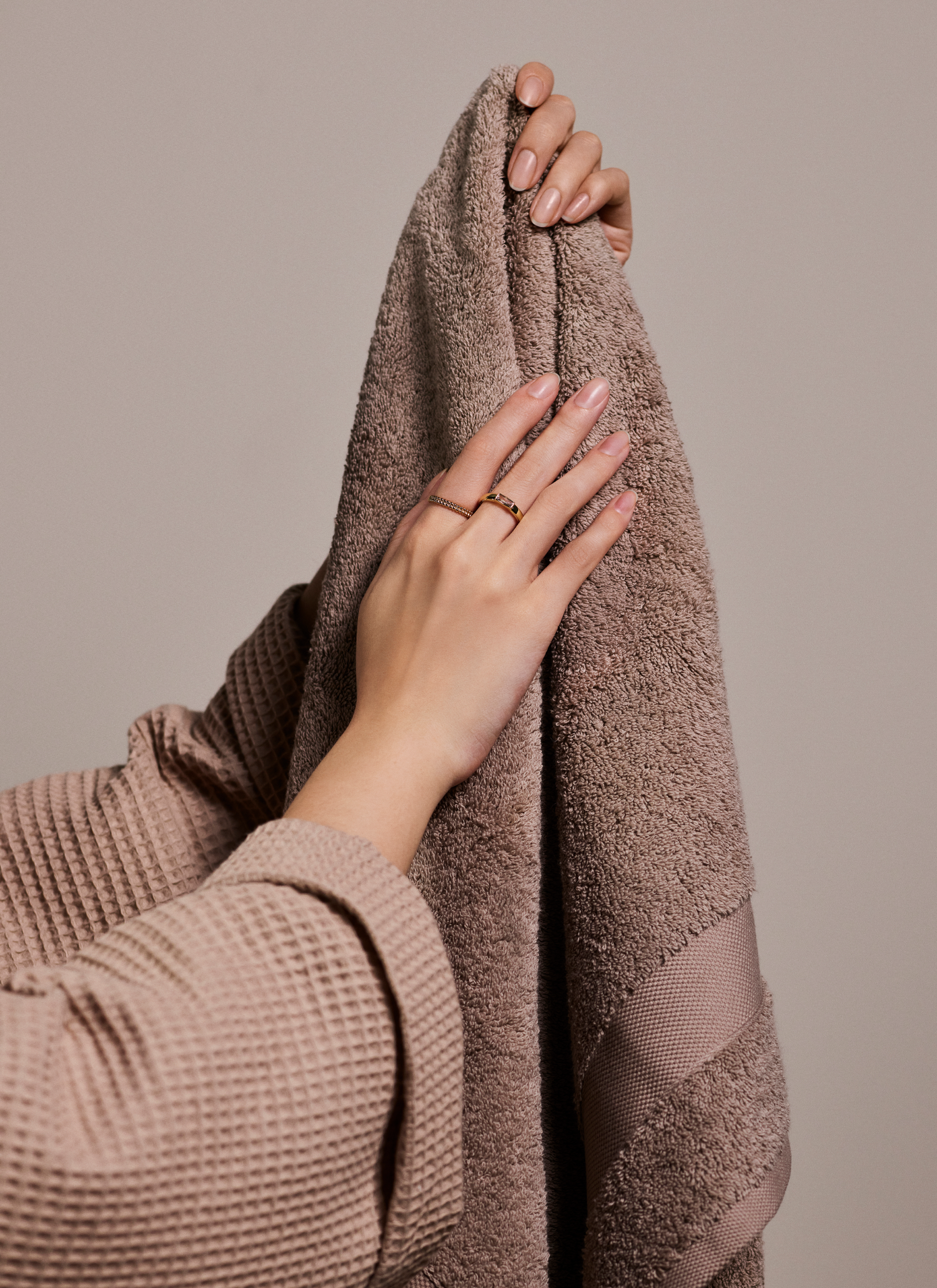 Image 1 of 1
Image 1 of 1


Biotin Injection, $35 or 5 for $150
What Biotin Does
Biotin helps your body turn food—carbs, fats, and proteins—into energy by acting as a coenzyme in metabolic reactions. It’s also key for keeping skin, hair, and nails healthy, which is why it’s a darling of the beauty world.
Common Uses
Hair, Skin, and Nails:
Why: Biotin supports keratin production, a protein that builds hair, nails, and the outer skin layer.
Who uses it: People with thinning hair, brittle nails, or dry skin often take it to strengthen them.
Evidence: It’s proven to help if you’re deficient (e.g., hair loss reverses with 100-1,000 mcg/day). For non-deficient folks, benefits are less clear—studies show mixed results on “extra” growth or strength.
Biotin Deficiency:
Why: Rare, but can happen from poor diet, long-term antibiotic use, or conditions like alcoholism or malabsorption (e.g., Crohn’s disease). Symptoms include hair loss, red rash around the face, and neurological issues like fatigue or depression.
Treatment: Doses of 30-100 mcg/day fix mild cases; higher doses (up to 10 mg/day) for severe ones. Prescription-grade biotin (e.g., 5-10 mg) might be used here.
Metabolic Support:
Why: Biotin aids enzymes that process glucose, fats, and amino acids, tying it to energy metabolism.
Who uses it: Sometimes recommended for people with diabetes or metabolic issues to help blood sugar control, though evidence is weak—small studies suggest modest benefits at 7,000-15,000 mcg/day.
Pregnancy and Breastfeeding:
Why: Mild biotin deficiency is more common during pregnancy, risking birth defects. Supplements (30-100 mcg/day) ensure enough for mom and baby.
Medical Conditions (Rare):
Biotinidase Deficiency: A genetic disorder where the body can’t recycle biotin. Kids need high doses (5-20 mg/day) lifelong to prevent seizures, developmental delays, and skin issues.
Multiple Sclerosis (MS): Super-high doses (300 mg/day) have been tested to slow nerve damage, but this is experimental, not standard.
How It’s Taken
OTC Supplements: 1,000-10,000 mcg (1-10 mg) pills, often for beauty or general health.
Prescription: Higher doses (5-300 mg) for deficiency or rare conditions
Daily Need: Adults need just 30 mcg/day—most diets cover it, so supplements often far exceed that.
Does It Tie to Metabolic Dysfunction?
Biotin supports energy production, but it’s not a direct fix for metabolic dysfunction (like insulin resistance). If you’re low, topping it up might smooth out energy use, but it won’t burn fat or reverse diabetes alone. Think of it as a tune-up, not a overhaul.
Effectiveness
Proven: Works great for deficiency—hair grows back, rashes fade.
Hype vs. Reality: For healthy people, megadoses (5,000+ mcg) for thicker hair or stronger nails often lean on anecdotes, not hard data. Placebo might be at play.
Safety: Biotin’s safe—excess gets peed out—but super-high doses can skew blood tests (e.g., thyroid or hormone levels), so tell your doc if you’re on it.
Bottom Line
Biotin’s mainly used to:
Fix deficiency (hair loss, rashes).
Boost hair/nail health (with spotty proof unless deficient).
Support metabolism (small role, not a cure).
What Biotin Does
Biotin helps your body turn food—carbs, fats, and proteins—into energy by acting as a coenzyme in metabolic reactions. It’s also key for keeping skin, hair, and nails healthy, which is why it’s a darling of the beauty world.
Common Uses
Hair, Skin, and Nails:
Why: Biotin supports keratin production, a protein that builds hair, nails, and the outer skin layer.
Who uses it: People with thinning hair, brittle nails, or dry skin often take it to strengthen them.
Evidence: It’s proven to help if you’re deficient (e.g., hair loss reverses with 100-1,000 mcg/day). For non-deficient folks, benefits are less clear—studies show mixed results on “extra” growth or strength.
Biotin Deficiency:
Why: Rare, but can happen from poor diet, long-term antibiotic use, or conditions like alcoholism or malabsorption (e.g., Crohn’s disease). Symptoms include hair loss, red rash around the face, and neurological issues like fatigue or depression.
Treatment: Doses of 30-100 mcg/day fix mild cases; higher doses (up to 10 mg/day) for severe ones. Prescription-grade biotin (e.g., 5-10 mg) might be used here.
Metabolic Support:
Why: Biotin aids enzymes that process glucose, fats, and amino acids, tying it to energy metabolism.
Who uses it: Sometimes recommended for people with diabetes or metabolic issues to help blood sugar control, though evidence is weak—small studies suggest modest benefits at 7,000-15,000 mcg/day.
Pregnancy and Breastfeeding:
Why: Mild biotin deficiency is more common during pregnancy, risking birth defects. Supplements (30-100 mcg/day) ensure enough for mom and baby.
Medical Conditions (Rare):
Biotinidase Deficiency: A genetic disorder where the body can’t recycle biotin. Kids need high doses (5-20 mg/day) lifelong to prevent seizures, developmental delays, and skin issues.
Multiple Sclerosis (MS): Super-high doses (300 mg/day) have been tested to slow nerve damage, but this is experimental, not standard.
How It’s Taken
OTC Supplements: 1,000-10,000 mcg (1-10 mg) pills, often for beauty or general health.
Prescription: Higher doses (5-300 mg) for deficiency or rare conditions
Daily Need: Adults need just 30 mcg/day—most diets cover it, so supplements often far exceed that.
Does It Tie to Metabolic Dysfunction?
Biotin supports energy production, but it’s not a direct fix for metabolic dysfunction (like insulin resistance). If you’re low, topping it up might smooth out energy use, but it won’t burn fat or reverse diabetes alone. Think of it as a tune-up, not a overhaul.
Effectiveness
Proven: Works great for deficiency—hair grows back, rashes fade.
Hype vs. Reality: For healthy people, megadoses (5,000+ mcg) for thicker hair or stronger nails often lean on anecdotes, not hard data. Placebo might be at play.
Safety: Biotin’s safe—excess gets peed out—but super-high doses can skew blood tests (e.g., thyroid or hormone levels), so tell your doc if you’re on it.
Bottom Line
Biotin’s mainly used to:
Fix deficiency (hair loss, rashes).
Boost hair/nail health (with spotty proof unless deficient).
Support metabolism (small role, not a cure).
